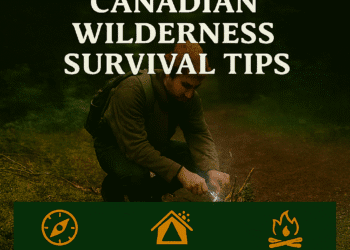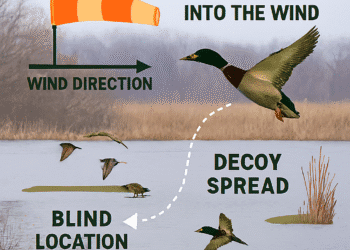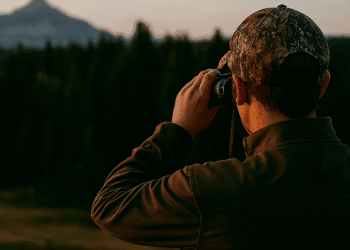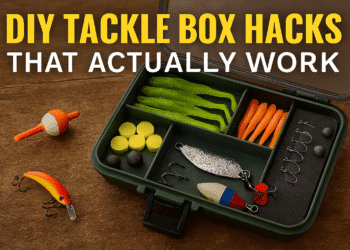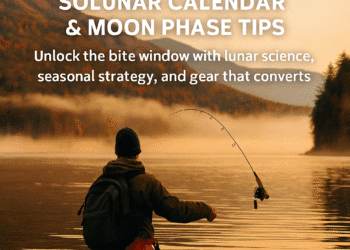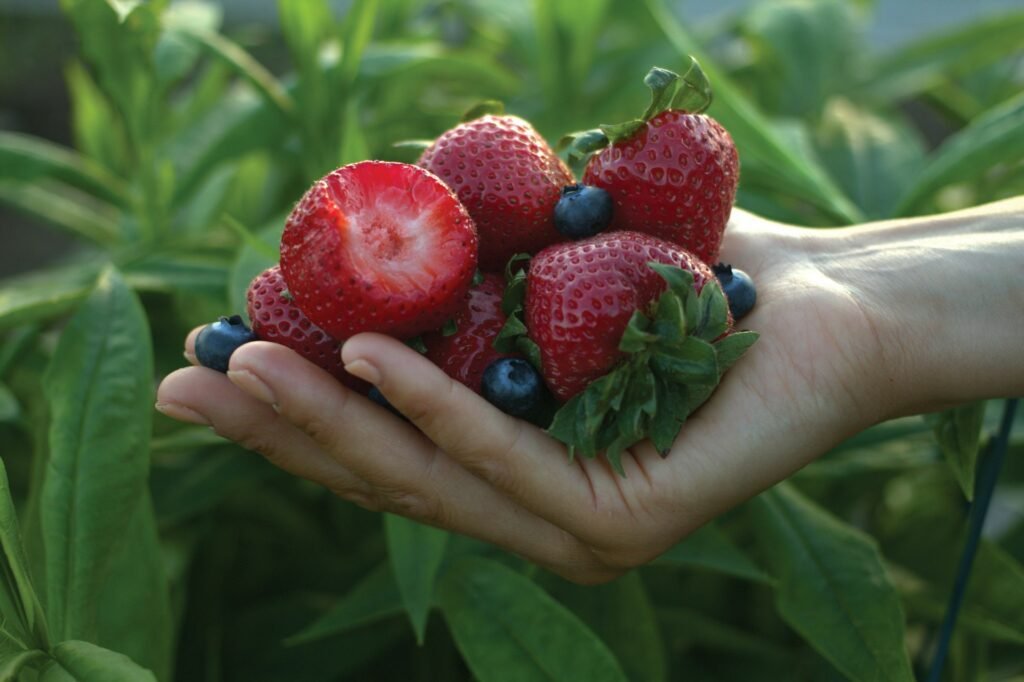
Recently, there has been a significant focus on the importance of food security home gardening, especially considering global challenges such as the COVID-19 pandemic, economic uncertainty, and climate change. Developing their crops has transformed from a hobby to a vital strategy to ensure Canadians have access to nutritious, fresh food. This article examines the advantages of home gardening for Canadian food security, provides helpful starting advice, and discusses the special possibilities and problems brought about by the country’s environment.
Comprehending Food Security – Through Gardening at home
Food security is having consistent access to an adequate supply of reasonably priced, nutrient-dense food. Millions of households in Canada, especially those with low incomes, experience food insecurity.
Benefits of Gardening at home
1. Cost Savings: Gardening at home
Producing your produce may save a lot of money on daily groceries. Families may enjoy fresh, organic food while saving money by growing a large amount of vegetables and fruits in even a tiny garden.
2. Nutritious Value: Gardening at home
Produce from home tends to have more nutrition than that from stores. Stored products can lose vitamins and minerals during transit or storage. From a home garden, people can pick fruits and vegetables when they are at their ripest, which maximizes their flavor and nutritional value.
3. Environmental Impact: Gardening at home
By lowering the carbon footprint related to food transportation, home gardening promotes sustainability. Gardeners can also utilize organic practices, which reduce the need for dangerous fertilizers and pesticides.
4. Mental and Physical Health: Gardening at home
Growing a garden is a healing hobby that enhances both mental and physical health. Taking care of plants can make you feel less stressed, happier, and more accomplished.
5. Community Building:
Planting a garden helps improve relations within the community. In particular, community gardens provide neighbors a chance to work together, exchange resources, and gain knowledge from one another, which promotes a feeling of support and community.
Getting Your Gardening Started – Gardening at home
1. Evaluate Your Area
Consider how much room you have for your garden before you plant. There are solutions for any location, whether you have a huge lawn, a little balcony, or even just a windowsill. You may grow a variety of plants in pots using container gardening, which is a great option for spaces that are limited.
2. Pick the Proper Plants
Making the correct plant choices is essential to a successful garden. Think about your climatic zone, which varies greatly throughout Canada. The finest plants for your region may be found using the Canadian Plant Hardiness Zone Map. Several well-liked options for Carrots, lettuce, tomatoes, peppers, and a variety of herbs are all grown in Canadian gardens. Perennials that may yield harvests for several years, such as asparagus and rhubarb, should also be considered.
3. Create a Garden Layout Plan
Planning the design of your garden is crucial after selecting your plants. Take into account each plant’s needs for sunshine; some like partial shade, while others do best in full sun. Plants with similar requirements can be grouped to maximize production and growth. Additionally, helpful, raised beds may make gardening more accessible while enhancing soil quality and drainage.
4. Preparing the Soil
A thriving garden is built on healthy soil. To find out the pH and nutrient content of your soil, test it. By enriching the soil and improving its structure, organic materials like compost may be added to increase the quality of the soil. Spending time preparing the soil can improve plant health and production in Canada, where soil quality varies.
5. Maintenance and Watering
Watering must be done often, particularly during dry seasons. Overwatering must be avoided, though, since this might result in root rot. Retaining moisture and controlling weeds are two benefits of mulching around plants. Keep an eye out for illnesses and pests as well. Using organic pest control techniques or introducing beneficial insects are two examples of integrated pest management (IPM) tactics that may help keep a garden healthy.
6. Gathering and Keeping
The trick is to know when to harvest your crop. The perfect time to harvest your crop varies from plant to plant. You need to learn the right time to pick your crop and the methods of storage to make your food last longer. To extend their freshness, certain veggies may be kept in a cool, dark spot, while others can be blanched and frozen.
The Difficulties of Canadian Gardening at home
Although gardening has many advantages, there are drawbacks as well, especially given Canada’s varied environment. Here are a few typical obstacles and ways to get beyond them:
Brief Seasons of Growth:
The kinds of crops that may be cultivated in Canada may be restricted by the short growing seasons in many areas. Consider starting seeds inside or extending the growing season with row covers and cold frames to get the most out of your yield.
Severe Weather:
Unpredictable weather patterns, high rainfall, and extremely high temperatures can all affect the success of a garden. These difficulties can be lessened by choosing hardy plant kinds and putting protective measures in place, such as shade cloths or windbreaks.
Pests and illnesses:
A variety of pests and illnesses can affect gardens in Canada. Effective management of these problems may be achieved by implementing organic gardening techniques and conducting routine monitoring.
Soil Quality:
There are areas where rocks are in abundance or the solid lacks the basic nutrients. Containers and raised beds increasing the quality of your soil and giving your plants a better growth environment may be accomplished with gardening. Furthermore, adding soil amendments like compost, peat moss, or well-rotted manure can raise nutrient levels and strengthen the structure of the soil.
Taking Seasons into Account with your Gardening at home
For gardening to be effective, you must be aware of the seasonal variations in your area. The growing season varies greatly from region to region in Canada. Consider the following advice for every season:
• Spring: Cool-season vegetables like radishes, lettuce, and peas should be planted during this period. For warm-season crops like tomatoes and peppers, prepare your garden beds and sow seeds indoors.
• Summer: Keep an eye out for illnesses and pests in your garden. During warmer weather, regular irrigation is essential. Harvest vegetables such as cucumbers and zucchini often to promote increased output.
• Autumn: It’s time to harvest your late-season crops when the temperature drops. For better soil health over the winter, think about growing cover crops. Garlic may also be planted in the autumn and harvested in the summer.
• Winter: This is a great time to make plans for the upcoming season, even though gardening may slow down. Learn about new plants, get better at gardening, and get your springtime equipment ready.
Resources and the Community for Gardening at Home
Interacting with nearby gardening groups might yield helpful information and assistance. Think about taking part in community gardens, going to workshops, or joining gardening groups. Additionally, local extension agencies can provide materials relevant to your area, such as plant selections, soil testing, and help managing pests.
In conclusion
Despite the difficulties caused by the climate, gardening can be a fulfilling experience in Canada. You may create a successful garden by knowing your growth zone, organizing your space, preparing your soil, and keeping up with seasonal variations. As you embark on your gardening adventure, keep in mind that every season offers fresh chances for development and exploration. Have fun with your gardening!


